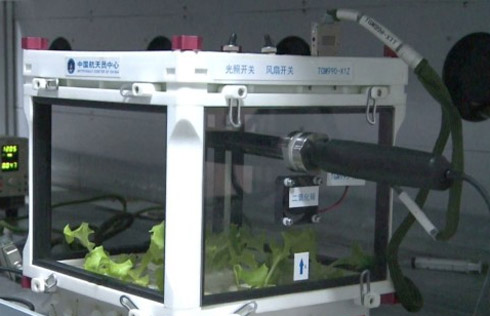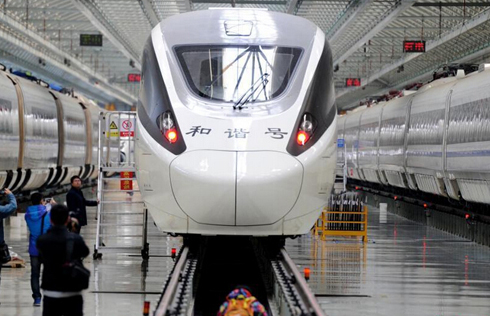VR enriches lessons, learning experience
FUZHOU - Instead of pens and paper, students in the classrooms of the future will have headsets and rather than learning by rote they will be encouraged to take a more hands on approach to their studies.
Although in its early stages of development, schools in China are exploring how they can incorporate VR lessons into their classroom experience. One such lesson, by online game developer NetDragon, uses VR to teach children fire safety.
Students are catapulted into a simulated environment where a fire has broken out. They must crawl across the floor, avoid obstacles, such as desks and chairs, and escape.
VR education tools are not just for school children, either.
At the VR medical school under Sichuan University, a virtual anatomy system allows medical students to examine organs and tissues from every angle. They can even isolate organs for closer inspection.
A virtual scalpel is currently in development, which will mean students can practice their surgical skills without the need for a real body.
The VR sector has huge potential and a growing number of Chinese developers are exploring how VR can be used as an educational tool.
Simon Leung, vice-chairman of NetDragon, said the company has developed VR immersive classrooms and tablets that transport students to a 360-degree immersive digital world based around their curriculum.
Moreover, due to motion sensors, the VR headsets can tell whether children are focused on the task at hand, Leung said.
New Oriental, a private education company partnered with the Chinese online video content provider LeEco to develop "China's first VR course" last December.
VRschool, a Beijing-based firm, developed an "immersive education system," which is already being used by 10 schools. Longtu Education -- with its gaming background -- expects to begin offering courses to equip teachers and instructors with the skills to use VR in their lessons.
Despite the obvious passion, the sector is still in its infancy, with immature hardware and a lack of content still holding back developers.
Tan Zheng, chairman of VR equipment producer ANTVR, said that despite the increasing number of Chinese VR companies, there is a lack of core technology and name brands.
Huang Ronghuai, professor at the Smart Learning Institute under Beijing Normal University, said, "The content is limited. There are no 'systematic VR textbooks' yet, and so the existing VR lessons are nothing more than test pieces.
Although Chinese parents are often more than willing to allow their children to use technology to give their kids an edge, they are suspicious of VR as they are unsure if the technology will have any side affects.
Besides, the equipment comes at a price. A top-end VR headset and computer could cost upward of 10,000 yuan (1,475 U.S. dollars).
"More must be done to develop the technology, which will lower the cost and improve the user experience," said Huang, "still we are optimistic that we can really change the current model of education."




















